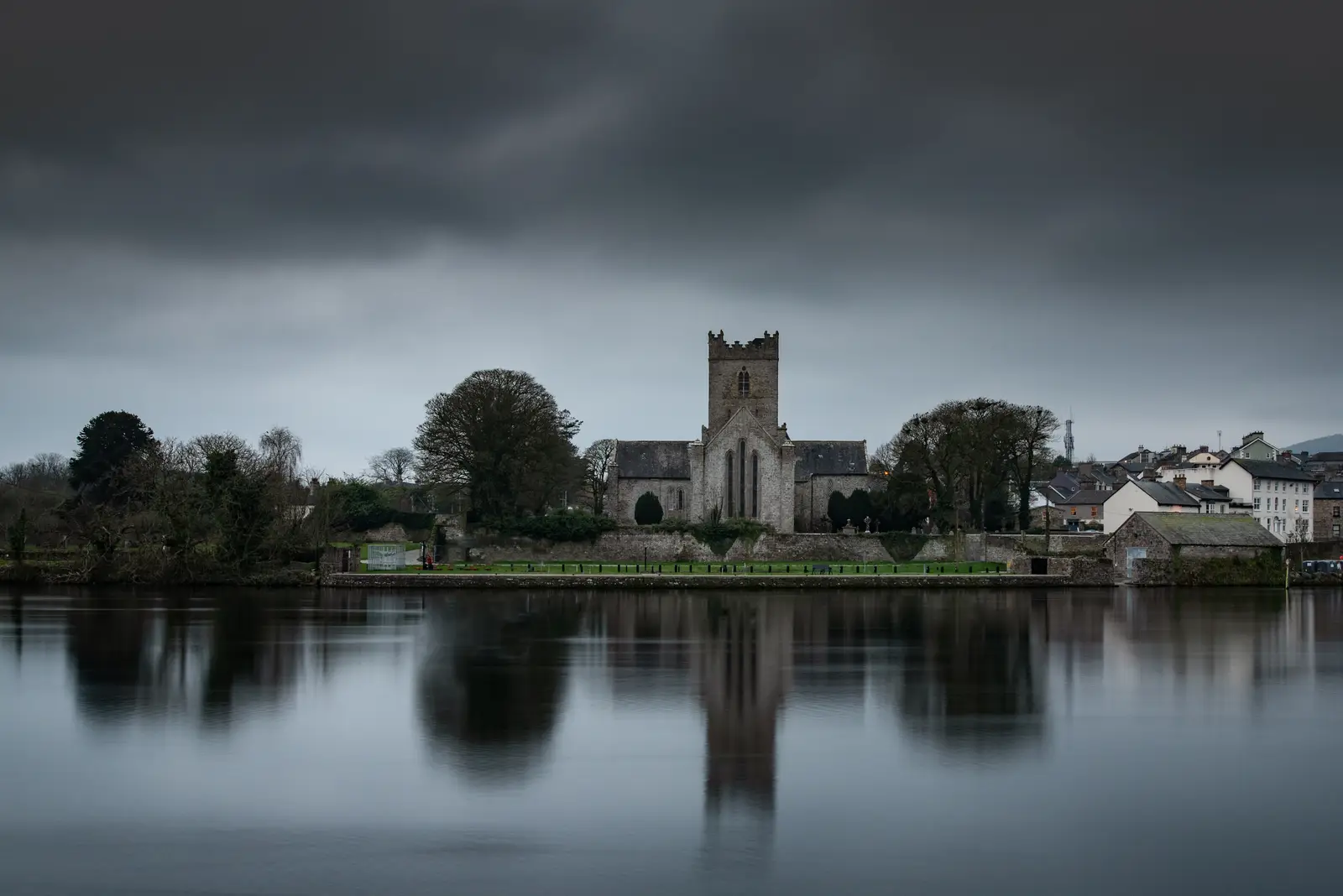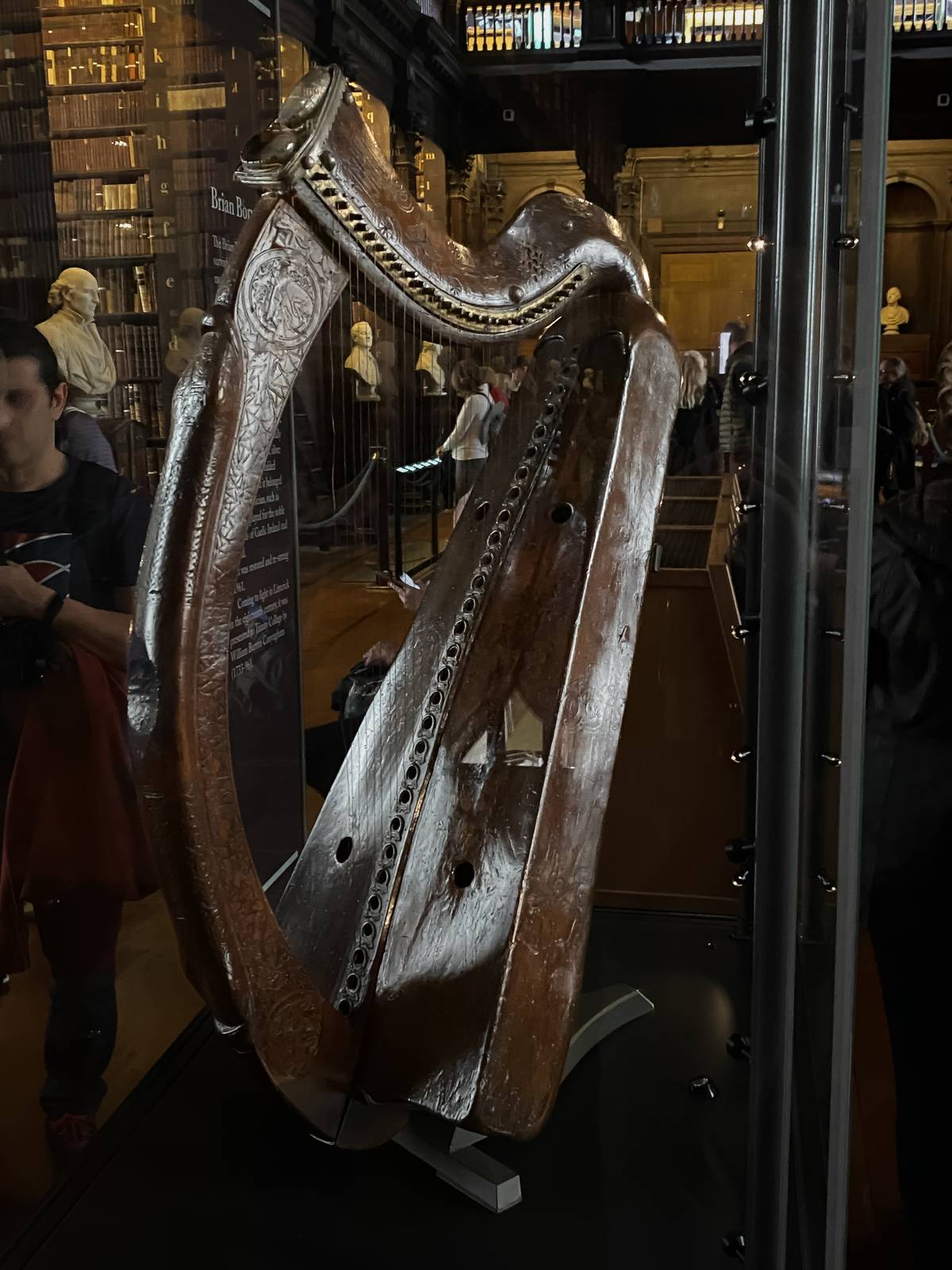Brian Boru: The Legendary High King Who United Ireland
Discover the inspiring story of Brian Boru, the legendary High King who united Ireland. A warrior and visionary, his legacy lives on as a symbol of Irish pride and resilience. Explore his incredible journey from a chieftain to a unifying force in Irish history.

Unveiling the legacy of the man who defied the odds and changed the course of Irish history.
Introduction: The Emerald Isle's Unifying Force
Ireland, with its lush landscapes and rich history, has had its fair share of legendary figures. However, few can compare to Brian Boru, the last High King of Ireland. Born in the midst of a fragmented nation, he rose above the chaos and unified the land, leaving behind a legacy that still resonates today. Join us as we delve into the life and times of this extraordinary leader, whose story continues to inspire and captivate.
The Early Years: A Prince Destined for Greatness
Born around 941 AD in Killaloe, County Clare, Brian mac Cennétig belonged to the Dál gCais tribe, a powerful group in the region of Thomond. Brian's father, Cennétig mac Lorcáin, was a chieftain, and his mother, Bé Binn ingen Murchada, a noblewoman from a rival tribe. Growing up, Brian and his brothers were well-educated and trained in the art of warfare.
In 964, following his father's death, Brian's older brother, Mathgamain, claimed the throne of Thomond. Together, they worked tirelessly to expand their kingdom and subdue neighboring territories. However, their efforts were met with resistance, particularly from the powerful Eóganachta dynasty, which ruled the Kingdom of Munster.
A Warrior's Path: Battle for Munster
Brian Boru's true rise to power began when his brother Mathgamain was captured and executed by the Eóganachta in 976. Sworn to avenge his brother's death, Brian led a series of successful campaigns that eventually toppled the Eóganachta and made him the King of Munster by 978.
His ambitions didn't stop there. While many Irish kings were content with ruling their regional territories, Brian had a vision of a united Ireland. He continued his military conquests, gaining control over Leinster and other parts of the island. By 1002, he had forced the reigning High King, Máel Sechnaill mac Domnaill, to acknowledge him as the new High King of Ireland.
The High King's Reign: A Time of Prosperity
As the High King, Brian Boru ushered in a period of relative peace and prosperity. He encouraged trade, patronized poets and scholars, and fostered the growth of monasteries and churches. Brian's reign was marked by a cultural renaissance, and the Irish arts and literature flourished.
However, this golden era was not without its challenges. The Viking presence in Ireland was a constant threat, and Brian had to contend with their raids and incursions. He successfully managed to keep them in check, even forging alliances with some of the Norse-Irish kingdoms.
The Battle of Clontarf: A Hero's Last Stand
The climax of Brian Boru's life came on Good Friday, April 23, 1014, at the Battle of Clontarf. A coalition of rebellious Irish kingdoms and Viking forces, led by Máel Mórda of Leinster and the Viking king Sigtrygg Silkbeard, sought to challenge Brian's rule. Despite being in his 70s, Brian led his army into battle and emerged victorious.
Tragically, Brian did not live to savor his triumph. As he knelt in his tent, praying in thanksgiving for the victory, he was assassinated by a fleeing Viking warrior. Brian's death marked the end of an era, and his dream of a unified Ireland slowly crumbled as the country once again fragmented into regional kingdoms.
Legacy: The Enduring Spirit of Brian Boru
Though his dream of a united Ireland did not last, Brian Boru's legacy lives on in the hearts and minds of the Irish people. His life and achievements are celebrated in numerous poems, songs, and legends, painting a picture of a heroic figure who overcame adversity to unite a fractured land.
Brian's impact on Irish history can still be seen today. Many believe that his efforts to forge alliances with the Norse-Irish communities laid the groundwork for the later integration of Viking settlers into Irish society. Moreover, his patronage of the arts and learning contributed to Ireland's rich cultural heritage.
Brian Boru's story serves as a testament to the resilience and determination of the Irish spirit. His life and legacy remind us that, even in the face of adversity, it is possible to rise above the chaos and strive for a better future.
Conclusion: The Legend Lives On
Brian Boru, the last High King of Ireland, remains an enduring symbol of Irish pride and unity. His remarkable journey from a regional chieftain to the High King of a united nation is a testament to his unwavering determination and strategic brilliance. Today, as we reflect on his life and accomplishments, we celebrate not just the man, but the indomitable spirit of Ireland that he so valiantly embodied.
Join us in honoring the memory of Brian Boru, a true Irish hero whose legacy continues to shape the history and identity of this beautiful Emerald Isle.

The Brian Boru harp in the Old Library at Trinity College, Dublin. This 15th-century wooden harp is the model for the emblem of Ireland, the Irish coat of arms and Guinness!